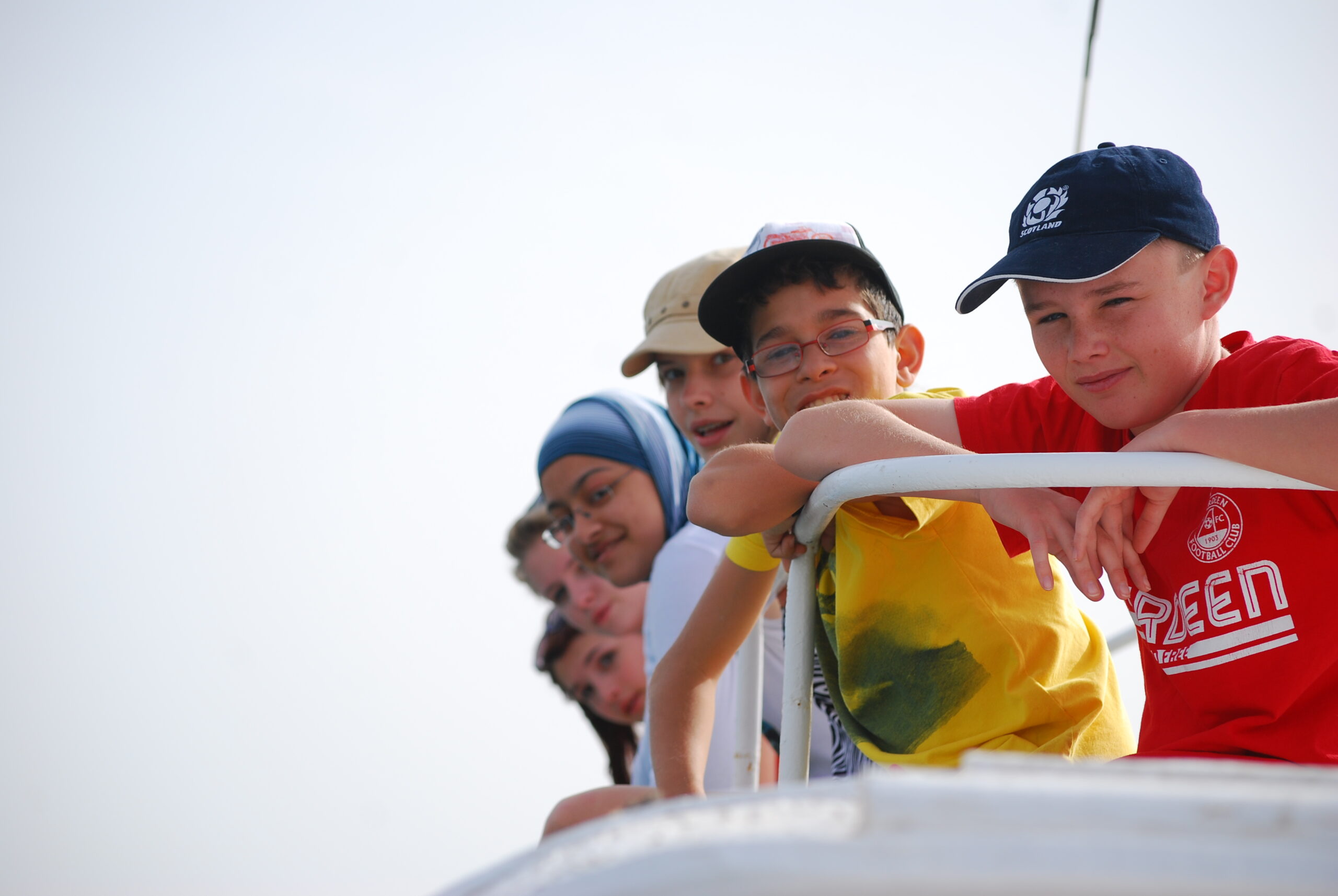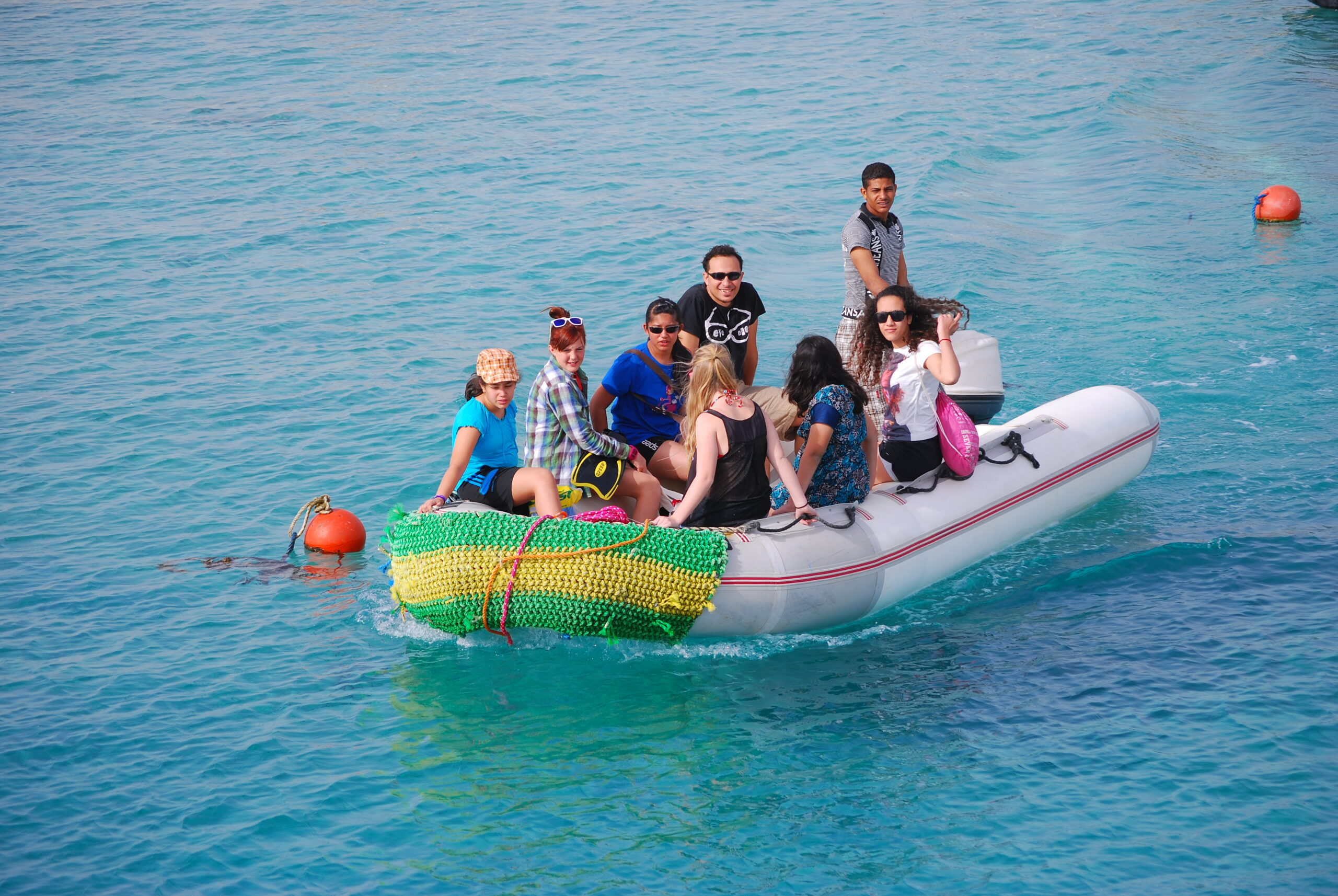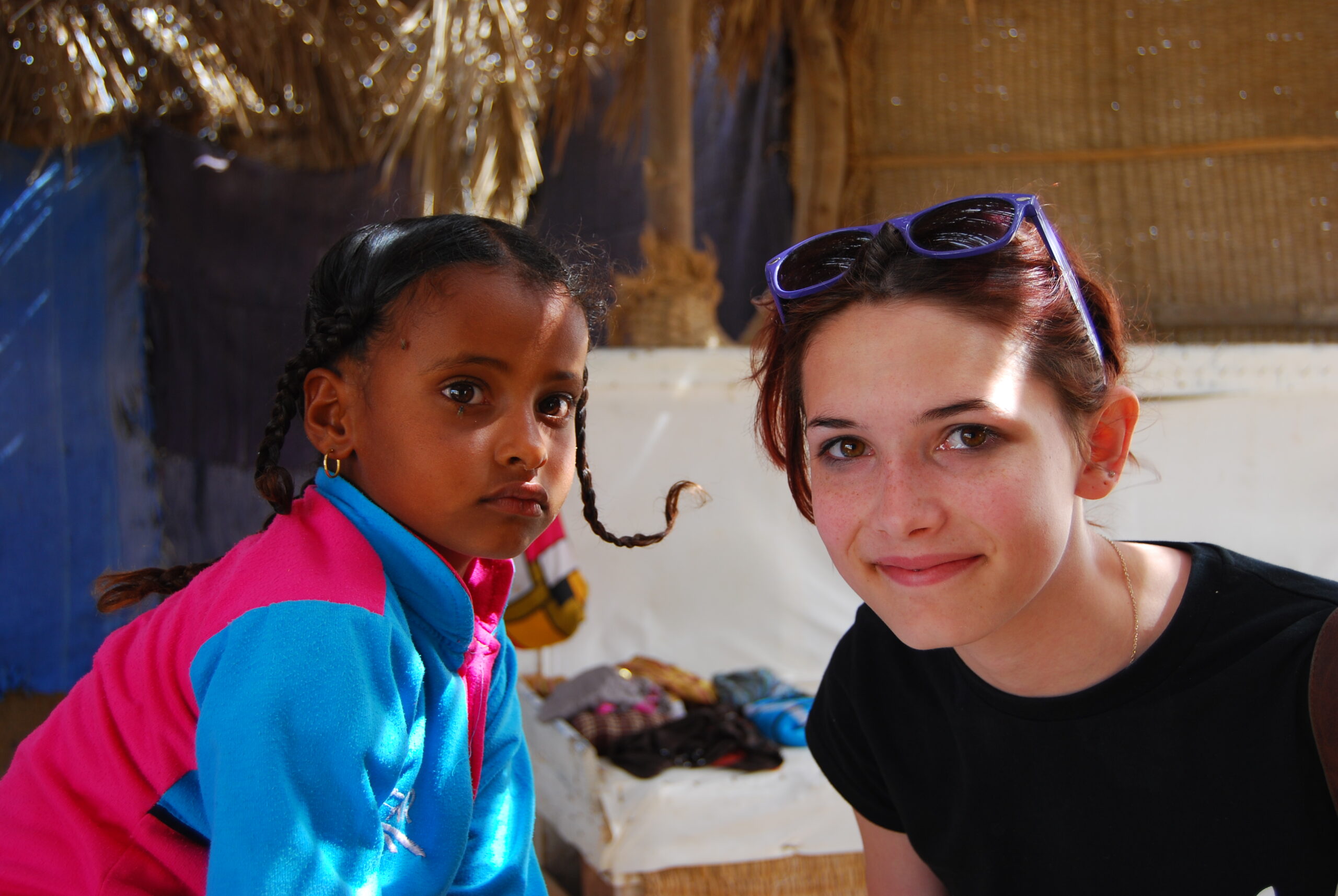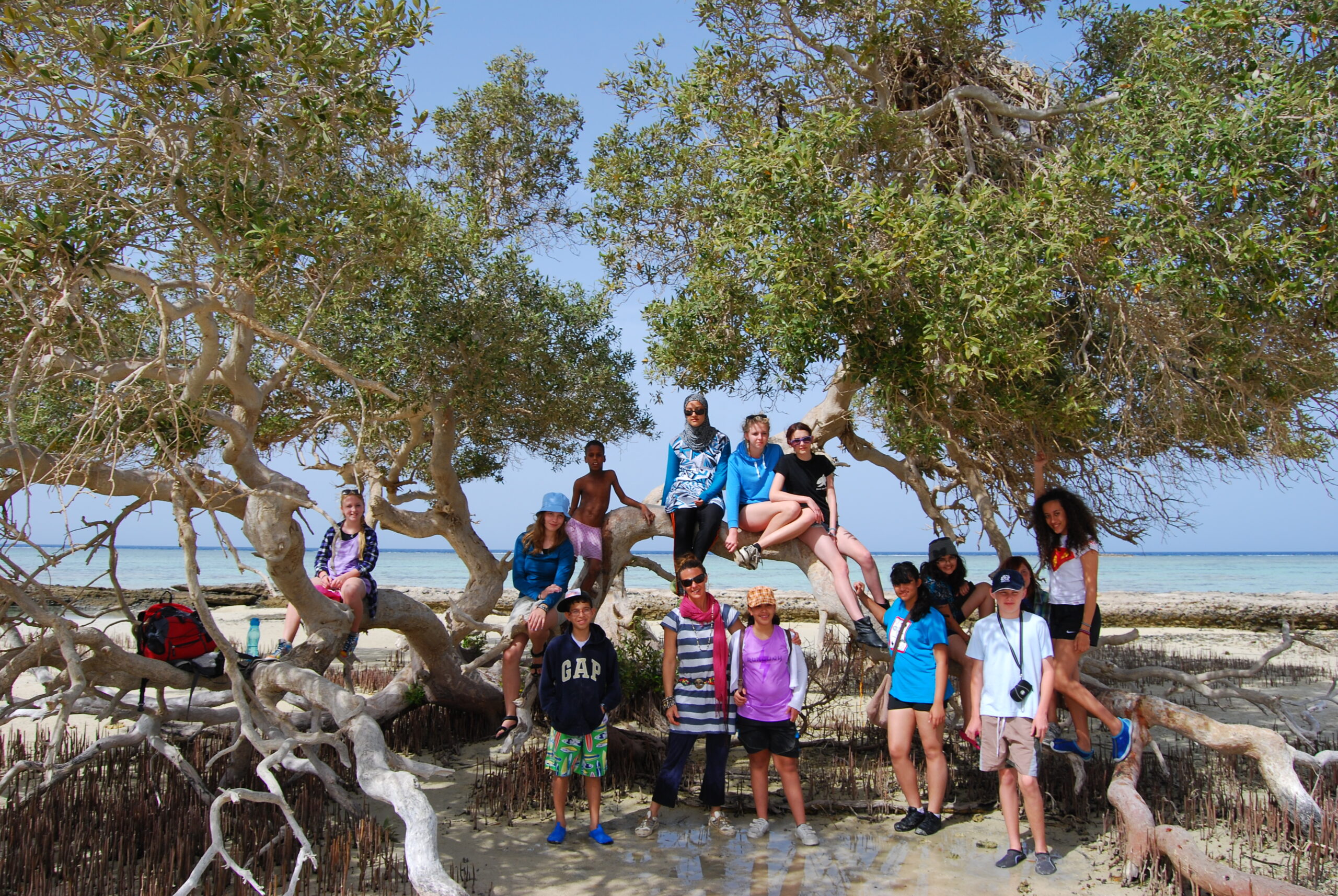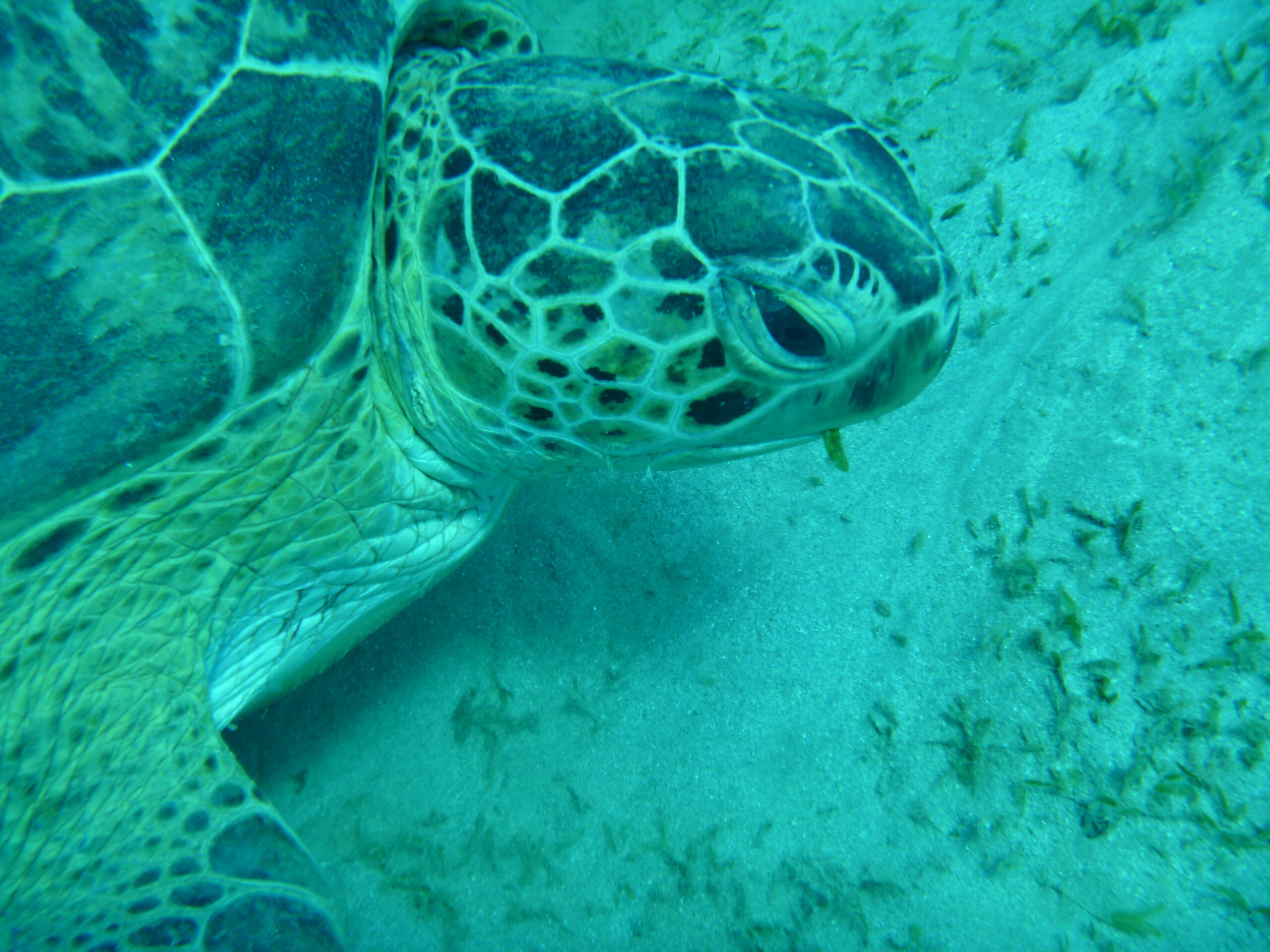School Services
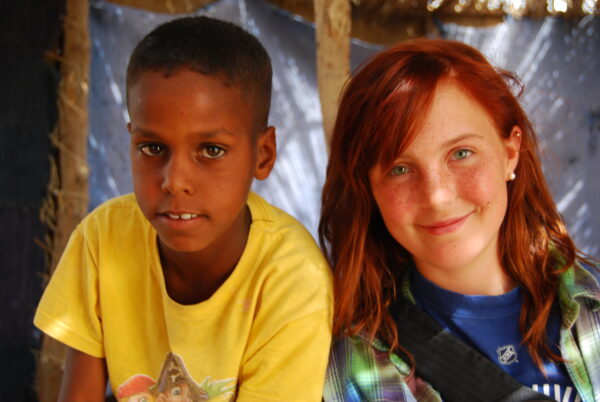 A nation’s future relies on a well-educated youth to be wise stewards of the very environment that sustains us, our families and communities, and future generations. It is environmental education which can best help us as individuals make the complex, conceptual connections between economic prosperity, benefits to society, environmental health, and our own well being. In our schools, research has shown enormous benefits from environmental education. When integrated into a science curriculum, environmental education demonstrably improves student achievement in science. Such an increase is likely due to the fact that environmental education connects classroom learning to the real world. Students, when given a choice, will gravitate towards environmental science. Science fair administrators note that 40 percent of all science fair projects relate directly to the environment, and the Corporation for National and Community Service reports that more than 50 percent of the service-learning programs they fund are focused on the environment.When integrated into the core curricula or used as an integrating theme across the curriculum, environmental education has a measurably positive impact not only on student achievement in science, but also in reading (sometimes spectacularly), math, and social studies. The same study found that schools that taught the core subjects using the environment as an integrating context also demonstrated:
A nation’s future relies on a well-educated youth to be wise stewards of the very environment that sustains us, our families and communities, and future generations. It is environmental education which can best help us as individuals make the complex, conceptual connections between economic prosperity, benefits to society, environmental health, and our own well being. In our schools, research has shown enormous benefits from environmental education. When integrated into a science curriculum, environmental education demonstrably improves student achievement in science. Such an increase is likely due to the fact that environmental education connects classroom learning to the real world. Students, when given a choice, will gravitate towards environmental science. Science fair administrators note that 40 percent of all science fair projects relate directly to the environment, and the Corporation for National and Community Service reports that more than 50 percent of the service-learning programs they fund are focused on the environment.When integrated into the core curricula or used as an integrating theme across the curriculum, environmental education has a measurably positive impact not only on student achievement in science, but also in reading (sometimes spectacularly), math, and social studies. The same study found that schools that taught the core subjects using the environment as an integrating context also demonstrated:
o Reduced discipline and classroom management problems;
o Increased engagement and enthusiasm for learning; and,
o Greater student pride and ownership in accomplishments.
One of the most important things that environmental education can do for our youngsters is to open their minds. It gives them the tools they need to become creative problem solvers and self regulate.
At EPEA and as a part of our environmental education program we provide a wide range of services for both national and international schools in Egypt and the Middle East. Including
Lectures, Workshops and Field trips
Lectures
Tomorrow’s leaders need to be equipped for tomorrow’s challenges, and we must adequately prepare our children for the future they will inherit. That requires a commitment to providing children with environmental education that helps them become the educated thought leaders of tomorrow.
Schools are a place to teach students about complex environmental issues, preparing them to be good stewards for the environment. Our schools need more encouragement, resources, and time to devote attention to environmental education. They need funding and other support to train teachers to incorporate environmental education into their everyday lesson plans and to develop the confidence and skills to take their students outdoors to learn.
We provide school lectures on different fields including:
- “Sustainability and sustainable use of natural resources”
- “Amazing creatures of the sea”
- “Evolutionism and creationism”
- “ Climate change and Global warming “
- “ Pollution and human impact on nature”
- “Animal Behaviour”
Lectures and environmental awareness activities are fully funded by EPEA as part of our international environmental awareness program. All our llectures are given by specialist lecturers in the fields. Lectures are available in English and Arabic; however materials and certificates are only available in English. Environmental awareness activities and general lectures are held in the school campus.
Workshops
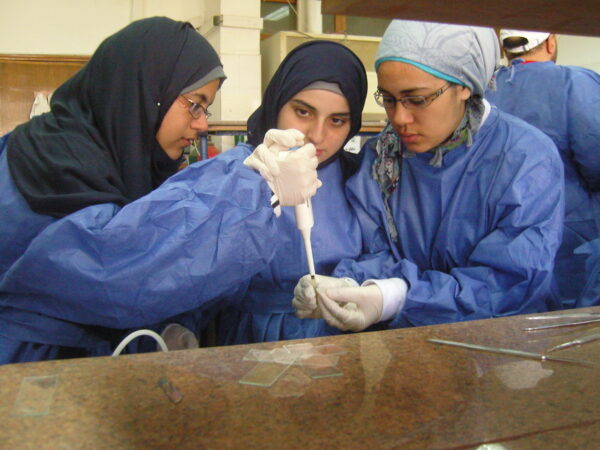
Workshops are ways to teach the students outside the class rooms, EPEA collaborate with Different top universities in Egypt to provide professional training for students on different interesting fields through a one day workshop activity that will include mixture of lectures and lab work. At the end of the workshop all participants would have learned new practical skills that will help in their chosen career.
Our range of workshops includes:
- “Introduction to Molecular biology” : Participant will extract DNA from different animals and plants using different techniques and will be introduced to PCR, GEL Electrophoresis and different Molecular Equipments. Workshop includes lab work and two lectures: “ Genetic Engineering between reality and Fiction” and “ Cloning a step forward or backward”
- “Basics of marine Aquaculture”: Participant will learn basics of marine aquaculture techniques including, induced spawning, hatching, rearing, monitoring water parameter, feeding, estimation of food ratio and mono-sex techniques. Workshop includes lectures, lab-work, and field visit to hatchery. All participants will get to take home one of the hatched organisms.
- “Basics of Electrophysiology” participants will study the electrical properties of biological cells and tissues. They will learn to measure voltage changes and electrical activity of neurons, and particularly the action potential activity. All participants will learn to install electrodes into life animals and record data.
Workshops are held on specialized scientific research facilities in University labs. All scientific activities and lab work is done under direct supervision of experts and assistant lecturers and follow all international health and safety regulations. All participants receive certificates of attendance. School provides transportation from school campus to university and return, however EPEA could provide transportation if requested. Workshops are partially funded by EPEA international awareness program.
Field trips
A recent study found that children today spend an average of 6 hours each day in front of the computer and TV but less than 4 minutes a day in unstructured outdoor play, leading researchers to discover a new condition specific to this current generation that they have called “nature deficit disorder”. This extreme emphasis of indoor time spent in front of screens versus outdoor play and discovery has been correlated with negative psychological and physical effects including obesity, loneliness, depression, attention problems and greater social isolation due to reduced time with friends and family.
Today’s generation of children is the first to grow up indoors. Their plugged-in lives are often devoid of exploring the natural world. Consider these facts:
- children ages 3 -12 spend 27 percent of their time each week watching television, and only 1 percent outdoors
- Children ages 8 – 18 engaged in over seven hours of media time (e.g., watching TV, listening to music, using the Internet/computer, playing video games) each day.
Research shows that outdoor education enriches children’s lives in fundamental ways. Children who learn and play outdoors have:
- Longer attention spans.
- More creativity.
- Higher levels of self-confidence.
- Higher standardized test scores.
- Greater academic success.
- Significant improvements in cognitive development, self-discipline, imaginative and creative expression, language skills, and social interactions.
At EPEA we offer a wide range of outdoor scientific trips where students get to learn in the field and be more interactive with the surrounding environments our field trips services include:


